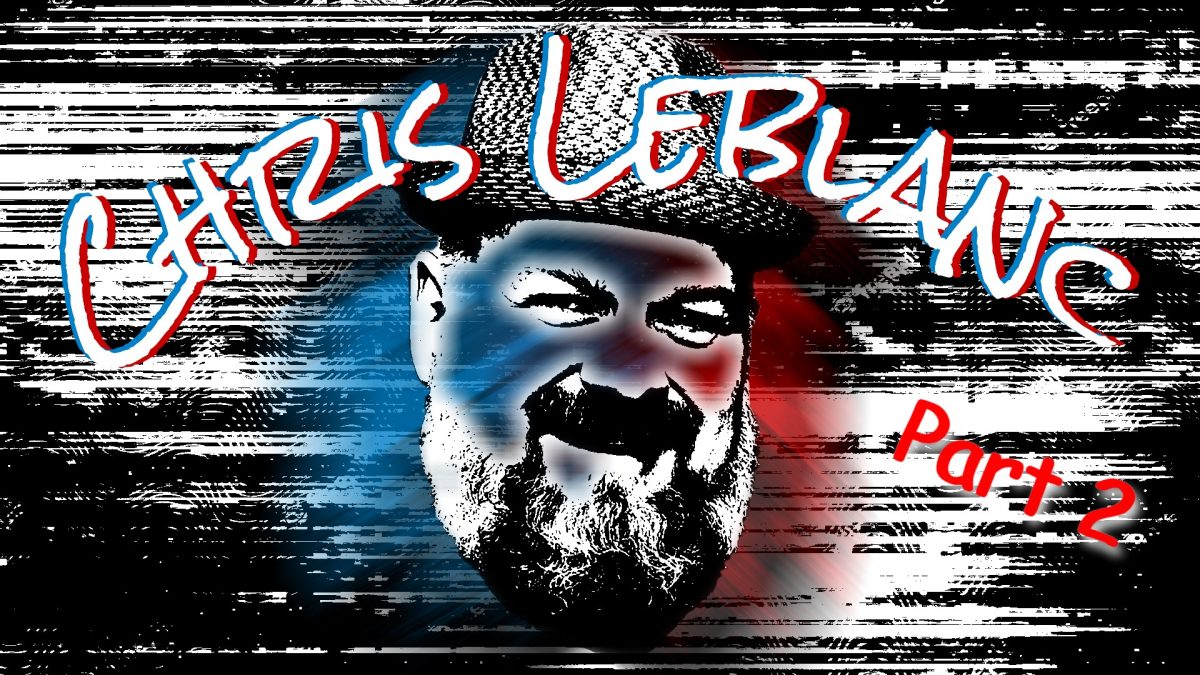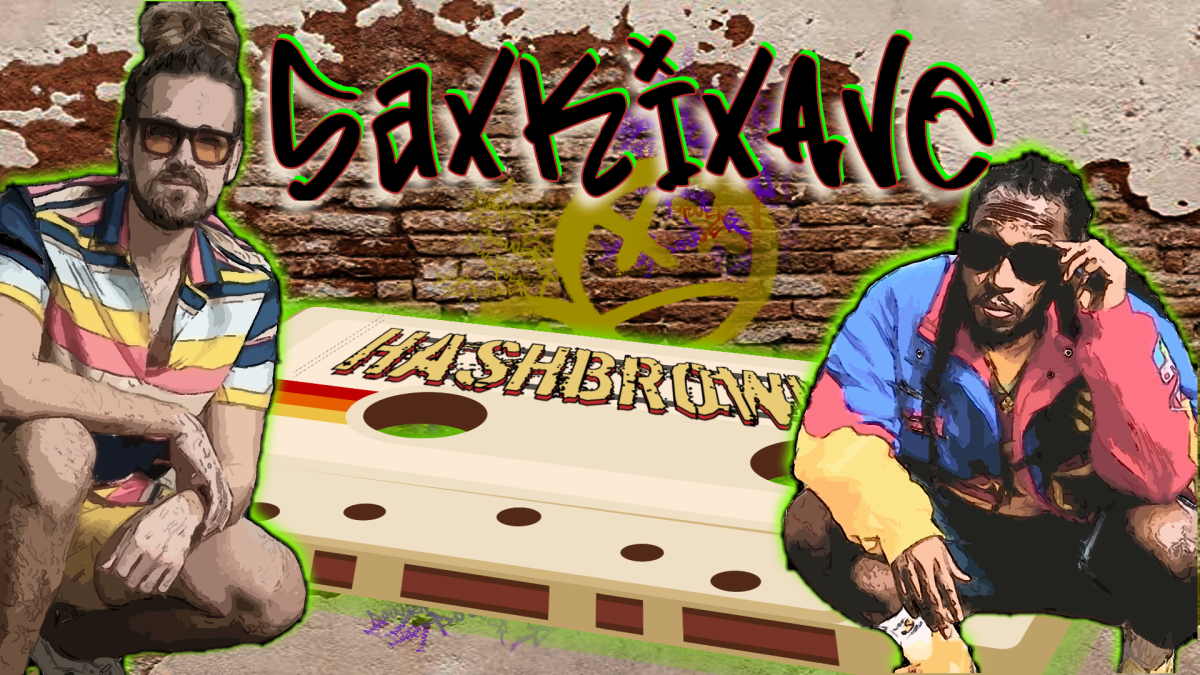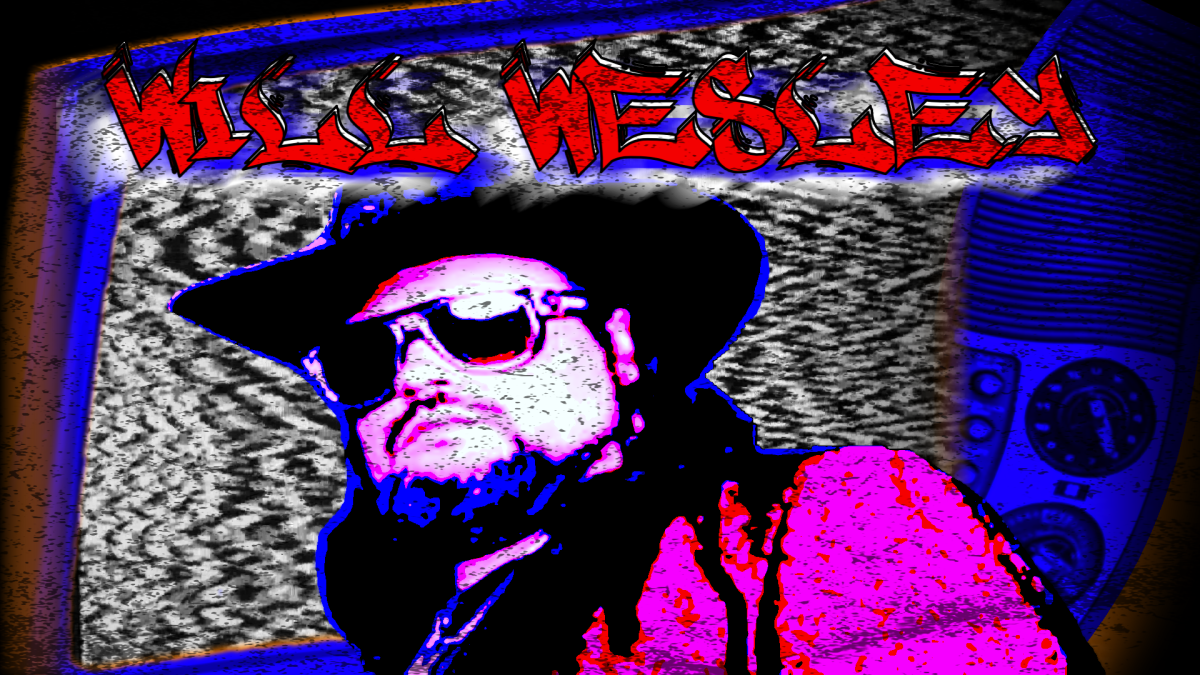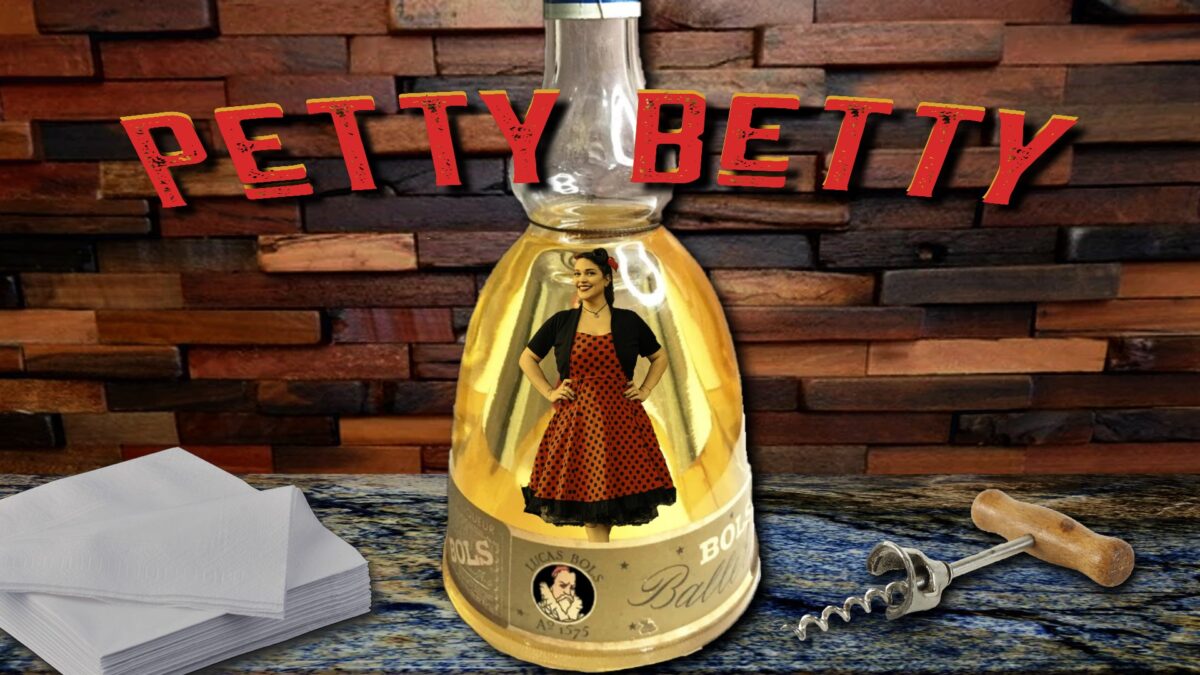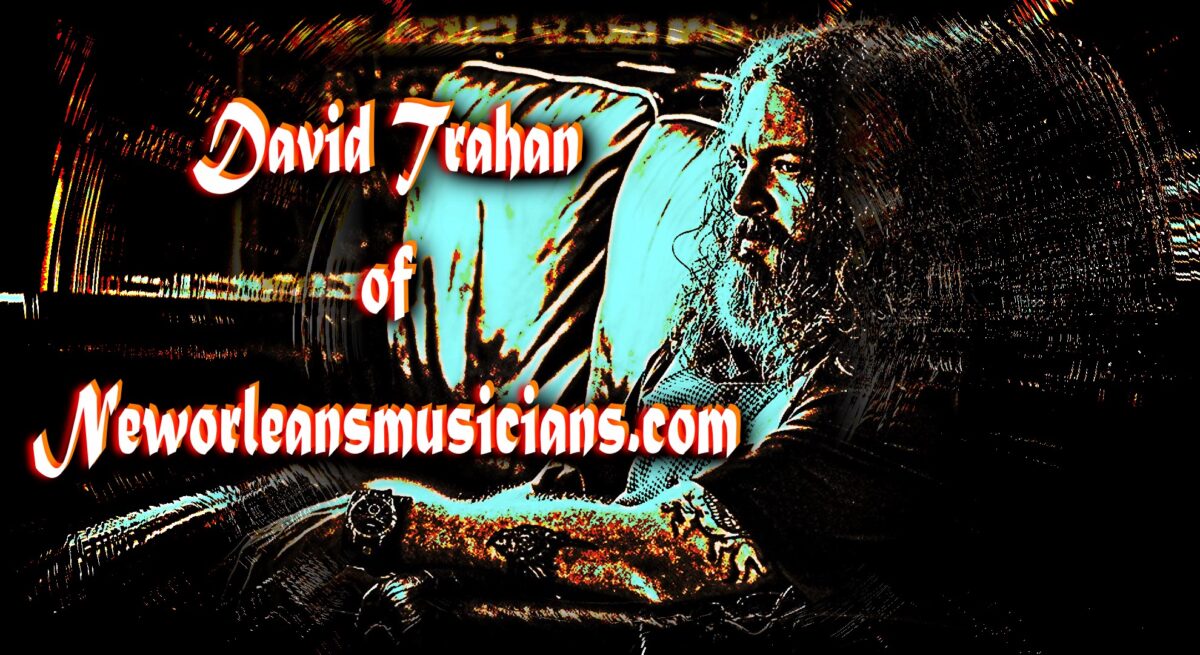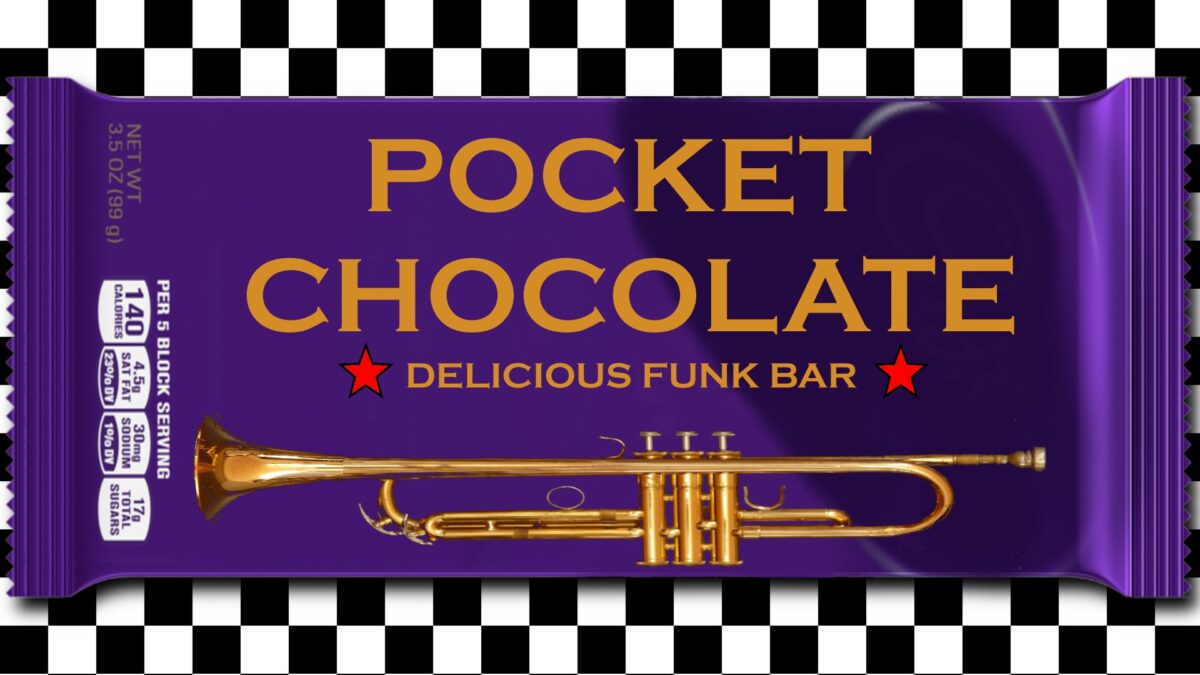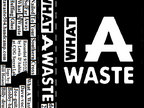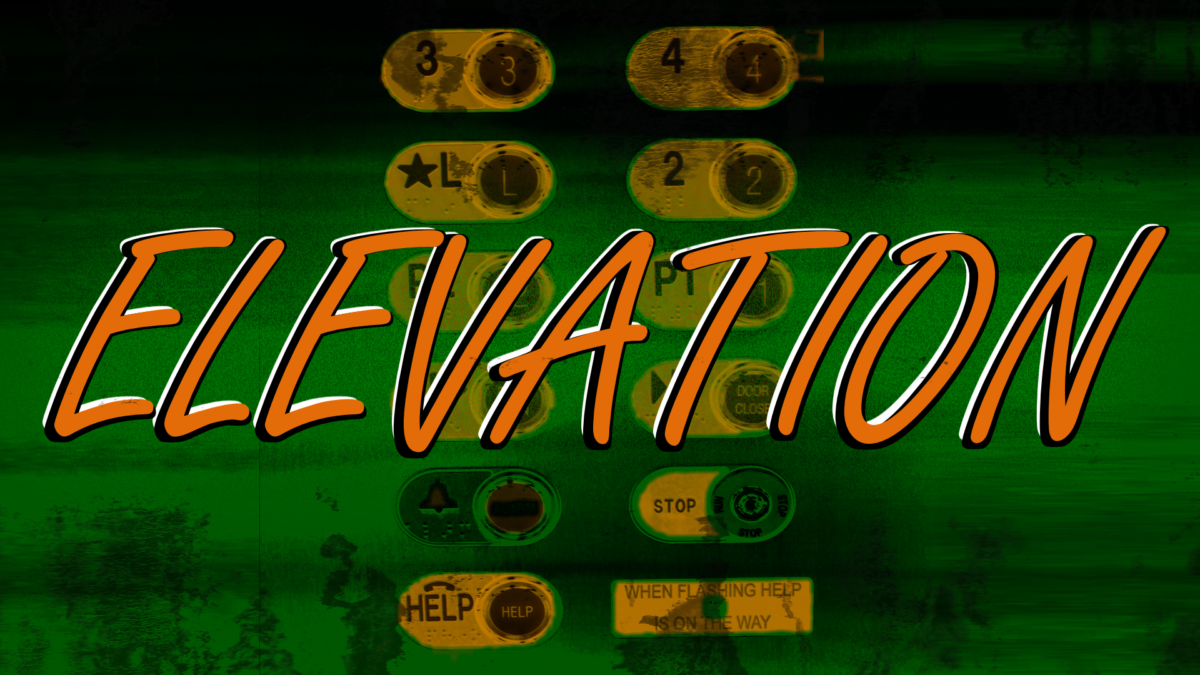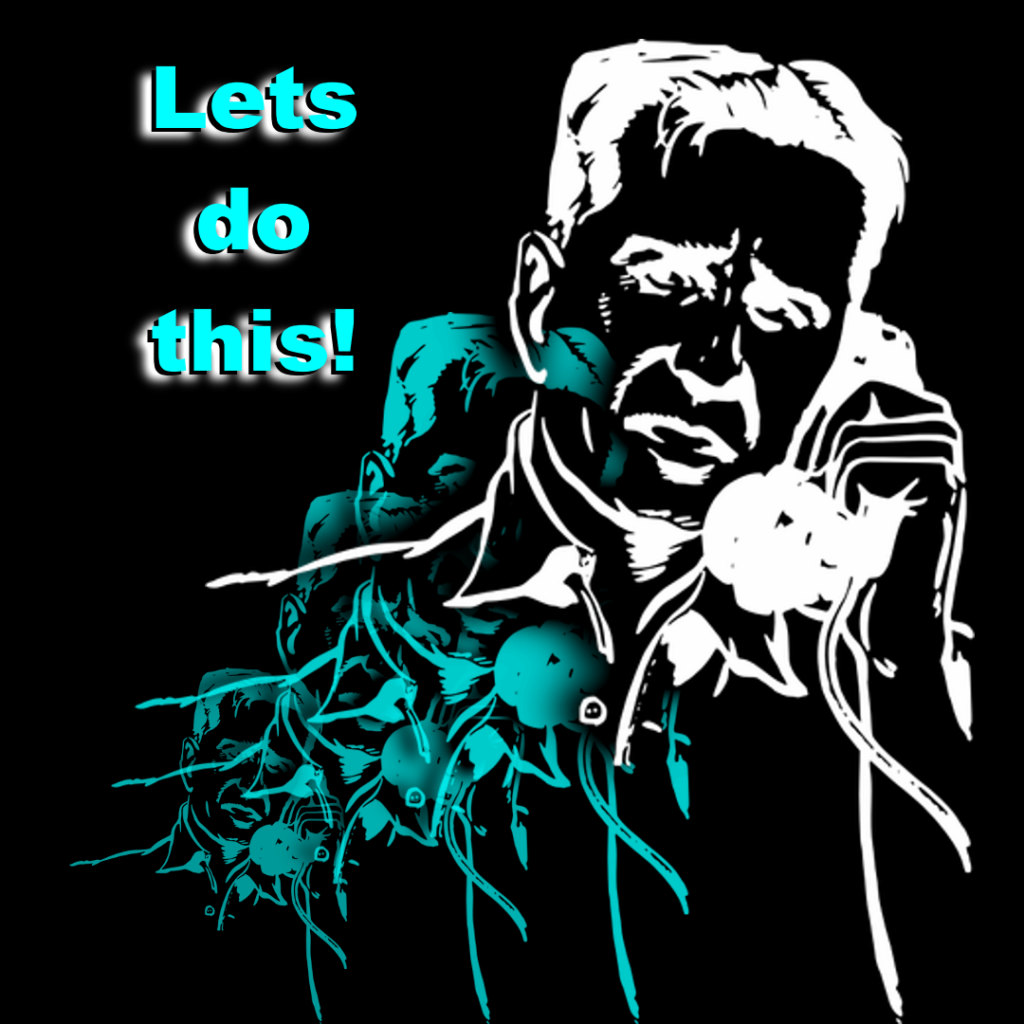At the conclusion of the first part of our discussions with Chris Leblanc, he had just found out his wife was pregnant. He was being courted by reps from RCA Records. They had flown him and his band out to California to showcase for executives and discuss his future with RCA. After much thought, Chris actually decided against signing with them. He took stock of his life and his surroundings, and what his life was soon to be with a child on the way. And he felt as though the security of a future where he was at the wheel was more appealing than the promises of strangers from another place. Chris surmised, “I don’t know man. I might have chased millions, but I ain’t chasing carrots.” This did not have an effect on his momentum. He was still performing constantly. And he had two records under his belt propelling him. However, with a child on the way and intimate knowledge of the rigors of recording a studio album, he needed to find something that appeased both his discipline as a musician and his requirements as a father. Something to consider was the advance in technology during his life up until this point. Electronics had become smaller and more powerful. ADAT’s and mixing boards were no longer necessary elements of album production. A friend of his encouraged him to consider doing an acoustic album. The idea was a non-invasive one, so to speak. And his friend could facilitate his needs with a laptop, Protools, and a few mics. He found himself at a church in downtown Baton Rouge, in an adjoining chapel room, starting a new chapter in his music career near the pulpit. He did two to three takes of each tune using just his acoustic and a couple of metal slide guitars. In three and a half hours, he had made a record. With some help from a few producer friends, the best tunes were picked. Everything was mixed and mastered and a new record, Son of the South was born. “It’s probably one of my favorite. I just love what it is. It just sounded really honest and I believed it. When you listen to it, you believe it.” On it was a mixture of originals and covers from Randy Neuman, Robert Johnson and Taj Majal.
Where Chris saw himself in five years before the birth of his son wasn’t where he saw himself in five years after his birth. But he still very much desired to be a full-time musician. Acoustic gigs and band gigs prevented him from ever feeling stuck or stagnant. He was also writing new songs constantly, trying them out with his band to see what sticks. He enjoyed opportunities to play festivals and occasions opening up for anyone and everyone. His band shared stages with people like ZZ Top, Hank Williams Jr, Leon Russel, Buddy Guy, and Brett Michaels, playing for tens of thousands of people at a time. He liked being the first music in the room. Another thing that appeased his demands for progress was time spent in his home studio. He was able to cut a few new songs in there, keeping things moving. But what he had wasn’t quite enough for an album. Presonus, retailers of professional production and recording equipment, were sponsoring Chris at the time. And they would attend his performances, capturing the live recordings. The material they gathered, coupled with the seven songs Chris and his band cut in his home studio culminated in the production of his fourth album, Starshine, in 2005. This was a unique offering to his fans because it combined studio cut material and live material in the same body of work.
Having several albums and performing for such large crowds did two things. For fans and peers in the music business, it legitimized his existence in the field. For Chris, it left him with a feeling of accomplishment; one that instilled a sense that things were constantly building. For those of us that are ambitious, this feeling brings a gratifying calmness. And not only that, Chris has always considered his music career a living thing. He has never wanted to see this precious living thing grow sluggish. Both his life and his career have always manifested themselves in adventure. Where he’s going in his life is revealed to him as he goes along, with music as “man’s best friend” right alongside him. He always played regardless of what it was at the time or what it would become. “If it’s not living, then it’s dead. And I don’t want my career dead. I want my career… whatever it is… you got management or you don’t have management. You’ve got a record deal or you don’t have a record deal. Or this guy’s playing with you or he’s not. Or you got this new guy that’s playing with you that’s a lot of fun. You know, it’s all of those things that I’ve always found interesting in bands that I love and in music that I love. I love that part of the music industry.”
We discussed the age-old question of originals versus covers. Because covers have always been a part of his career. Personally, no matter the intended trajectory of a band, they are a necessary element and are undoubtedly instrumental in the initial growth of anyone who plays. Chris agreed that they help open the crowd’s eyes and ears to your talent and help usher in an open mind for one’s original material. He pointed out that perhaps some refuse to play originals because they simply aren’t good enough to pull it off. At any rate, to play a good cover is proof positive of talent in its own right. As Chris went on to point out, the Beatles, Ray Charles, the Rolling Stones, and Led Zeppelin were all cover bands at their essence. “The greatest rock and roll bands ever were fucking cover bands! Let’s be real. People go, oh I’m not gonna play cover music. Because playing cover music… You better be pretty fucking good. When you go see a band, there’s a lot of bands you go see and they’re great playing their own music. But how do you really get the level of a band? When you see them cover a song that you thought was like, fucking crazy. Like you just played me Green Gasoline. They’re fucking cool, right? The first thing I ever saw of this band was them covering Highway Star by Deep Purple. And I’m like, these mother fuckers are ridiculous! They’re bad… fucking… ass! That’s how you realize, these mother fuckers are great! They just played Highway Star? You go play Highway Star mother fucker. Good luck! They’re badass bruh! Yes! Yes! You’re like fuck dude, that’s… that’s tough! That’s how you realize, you’re like man, they’re badass. That to me is like the fucking sign of greatness; when somebody picks a tune and goes and destroys it.” He went on to cite the importance of picking something that’s worth playing; a song that makes people say ‘I forgot how much I love that song’. He also pointed out that bands should pick something that’s not outside their wheelhouse, and something that other bands aren’t playing. As for his, he’s always been fond of the Rolling Stones, The Beatles, or Lazy Lester. As for me, I like the idea of looking for things that aren’t covered. I come from a generation where there was a B-side. And on occasion, these B-sides would have a gem. And I am fond of the concept of showing others the obscure, overlooked gem.
At the time of our meeting, Chris had been one busy guy. In April, May, and June (of ’23), he was playing four to six gigs a week. These consisted of both solo acoustic shows and performances with his full band. In ten weeks, he had played over fifty shows. He called it “bringing medicine to the people”. He expressed his desire to be able to look back on all of this without regret; without the regret of not having put forth the effort. And this effort, in his eyes, is of a selfless nature. These gigs do equate to a monetary denomination which pays his bills. But the currency of this man, as any friend will tell you, is touching human lives. Living a life of service, essentially, comes with its own sacrifices. That night, he said, “I want to stay home, eat a steak and have some drinks. But you know where I’m going? I’m going out to play.” At this point in his life, he is taken to reflection frequently. He has a reached a point in his career where the fight has subsided, in a manner of speaking. It has become a place of comfort. Among other things, we discussed his direction from here and what, if any, areas would he consider outside of his comfort zone. You can hear his answers in the podcast episode titled Chris Leblanc part 2 by selecting your streaming service below. I do thank you for reading, as Chris has an incredible energy and humble presence that most certainly deserves our praise. Take care everyone!
Author: David Trahan

